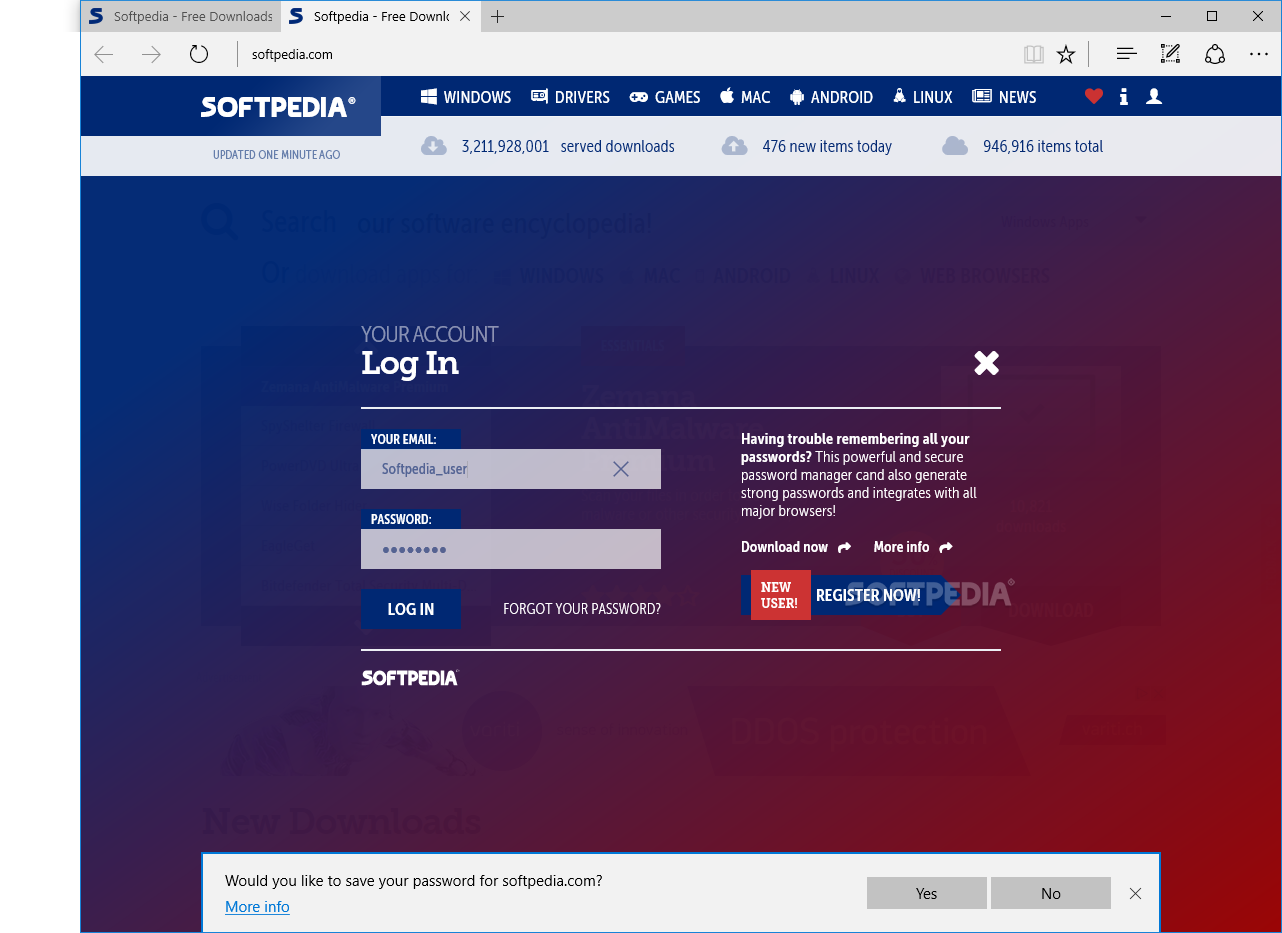
possibly off by a factor of 2 or 4 if we assume that all machines are multi-core. So let's pick 10 billion for the number of personal computers, cell phones, and servers in 2019.

Keepass will estimate password strength in bits, but I find that the zxcvbn test gives better estimates (I *believe* that website runs zxcvbn locally in your browser and does not upload anything to the site, but would forgive your tin-foil-hattery if you don't want to type your master password into some random website).Īccording to this Quora post there were estimated to be 2 billion personal computers in the world in 2014. First, you need to know how many bits of entropy in your password. It all comes down to the strength of your password. The question is: how likely is it that the file is decrypted within 100 years? Password: 49 characters, that don't include words in the dictionary (perhaps just accidentally, 3-letter words), however, not even randomly generated.

Let's also assume, for the sake of the argument, that me and my computer are out of the equation (no Rubber-hose cryptanalysis, no system hacking, etc), all the world has it's the kdbx file, the protocol info (below) and some hints about the password.ĭetails: Encryption Algorithm: AES 256 Bit Key Derivation function: Argon2 (KDBX4) Transform rounds: 11, Memory usage 64 MiB Parallelism 4 Threads, (Benchmarked for 1 second delay). No more Facebook, no more extra activities, the whole manpower of the world (Including individuals, corporations, organizations and so on) is suddenly dedicated to this in the best of their ability and knowledge, 18 hours a day, for the next 100 years. I use KeePassXC on a Linux distribution for managing my passwords.įor the sake of the argument, let's assume that the file is publicly accessible, and the entire world's number 1 priority for the next 100 years is to try to decrypt my kdbx file.


 0 kommentar(er)
0 kommentar(er)
